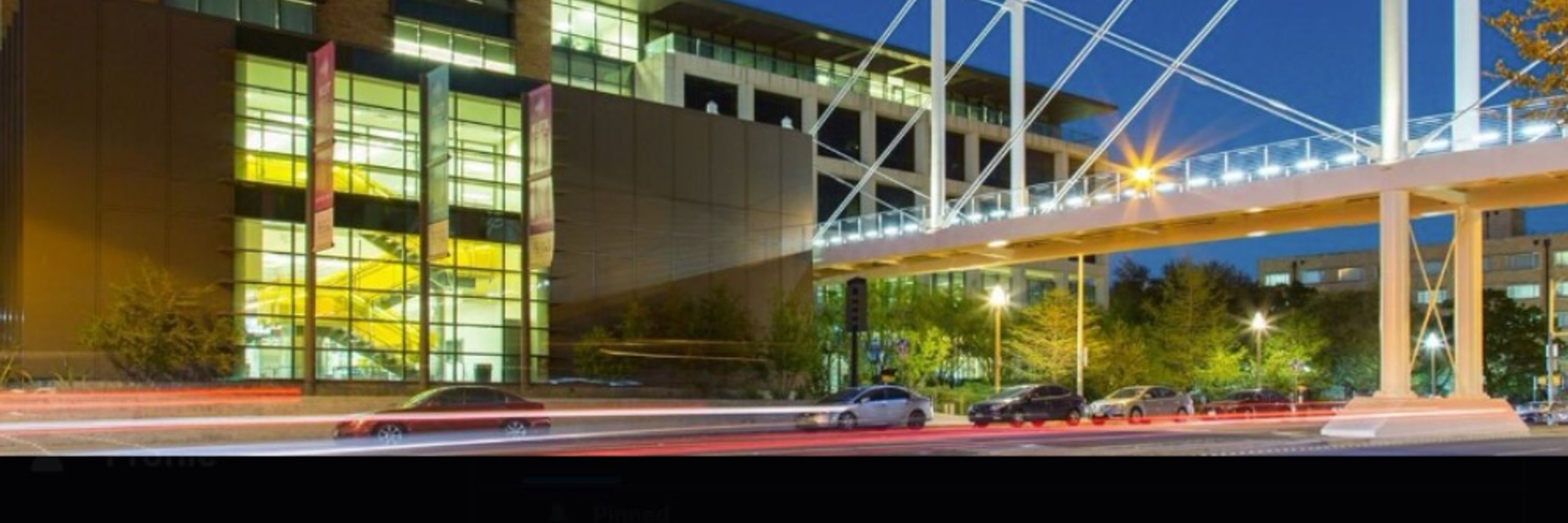

We’re interested in what this means for how audiences engage with content: when the platform is trusted, does attention and impact go up?

We’re interested in what this means for how audiences engage with content: when the platform is trusted, does attention and impact go up?
Our research shows that journalists value two things most when selecting scientists: topic expertise and strong communication skills.


Our research shows that journalists value two things most when selecting scientists: topic expertise and strong communication skills.
Our research shows that journalists value two things most when selecting scientists: topic expertise and strong communication skills.
Our research shows that journalists value two things most when selecting scientists: topic expertise and strong communication skills.
#NewsLiteracy #TLSky



This highlights the ongoing challenge for both newsrooms and audiences: helping people identify trustworthy information is more important than ever.

This highlights the ongoing challenge for both newsrooms and audiences: helping people identify trustworthy information is more important than ever.



Read more here: mediaengagement.org/...




Read more here: mediaengagement.org/...

@newpublic.org is exploring what it takes to design digital spaces that build connection instead of conflict and we’re here for it.
In this webinar with Healthy Places by Design, New_ Public Co-Director @deeptidoshi.bsky.social explains the Civic Signals, a framework for flourishing digital public spaces.

@newpublic.org is exploring what it takes to design digital spaces that build connection instead of conflict and we’re here for it.
Check out the new series from our partner Press Forward — “Reimagining Local News” which shines a light on the people and newsroom models across the country that are writing a new chapter for local news. reimagininglocalnews.com


Read more:

Read more:

Most people who live in one don't realize it. News deserts are communities that have one or no local newspapers.
We found that people in news deserts still find ways to stay informed about local issues:

Most people who live in one don't realize it. News deserts are communities that have one or no local newspapers.
We found that people in news deserts still find ways to stay informed about local issues:

blogs.lse.ac.uk/usappblog/20...

blogs.lse.ac.uk/usappblog/20...


